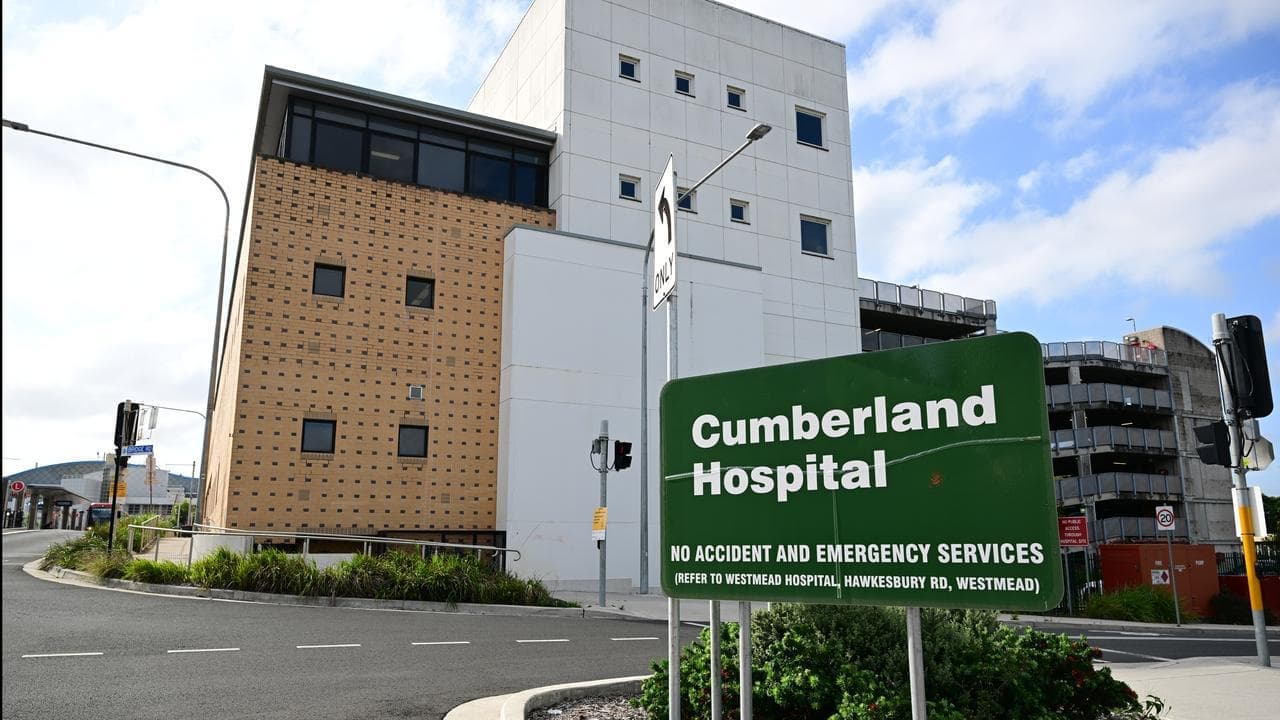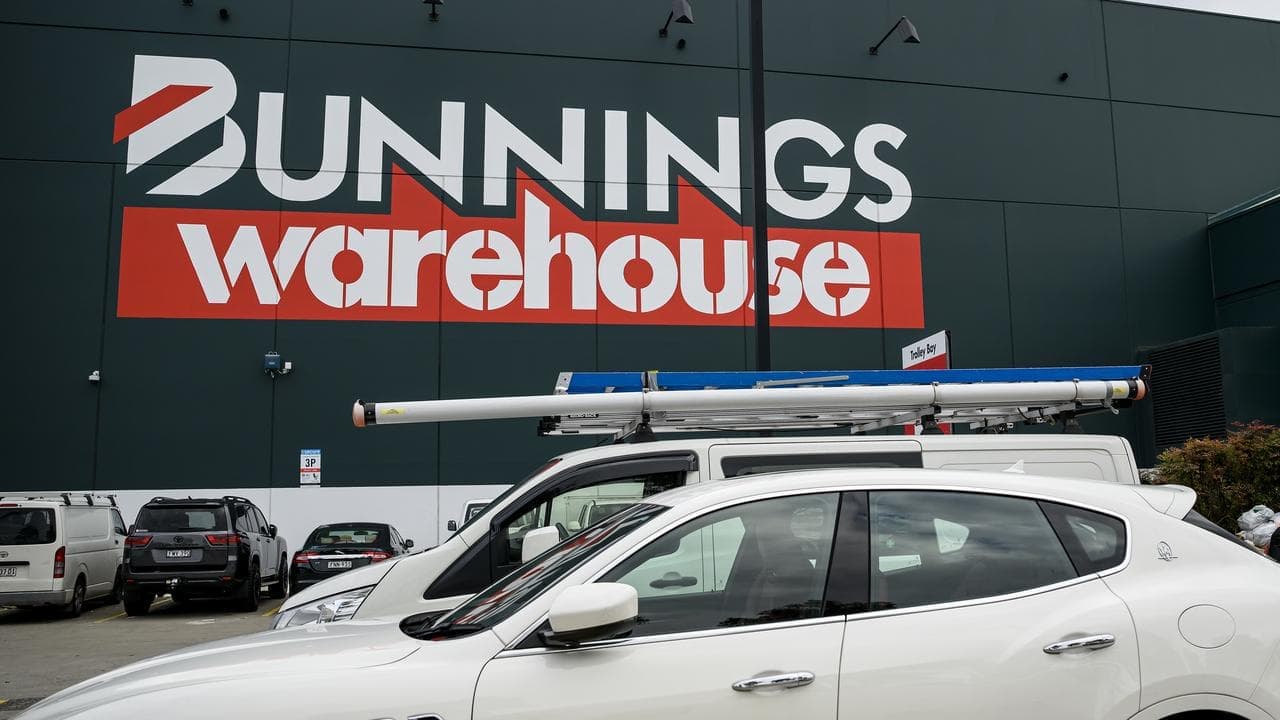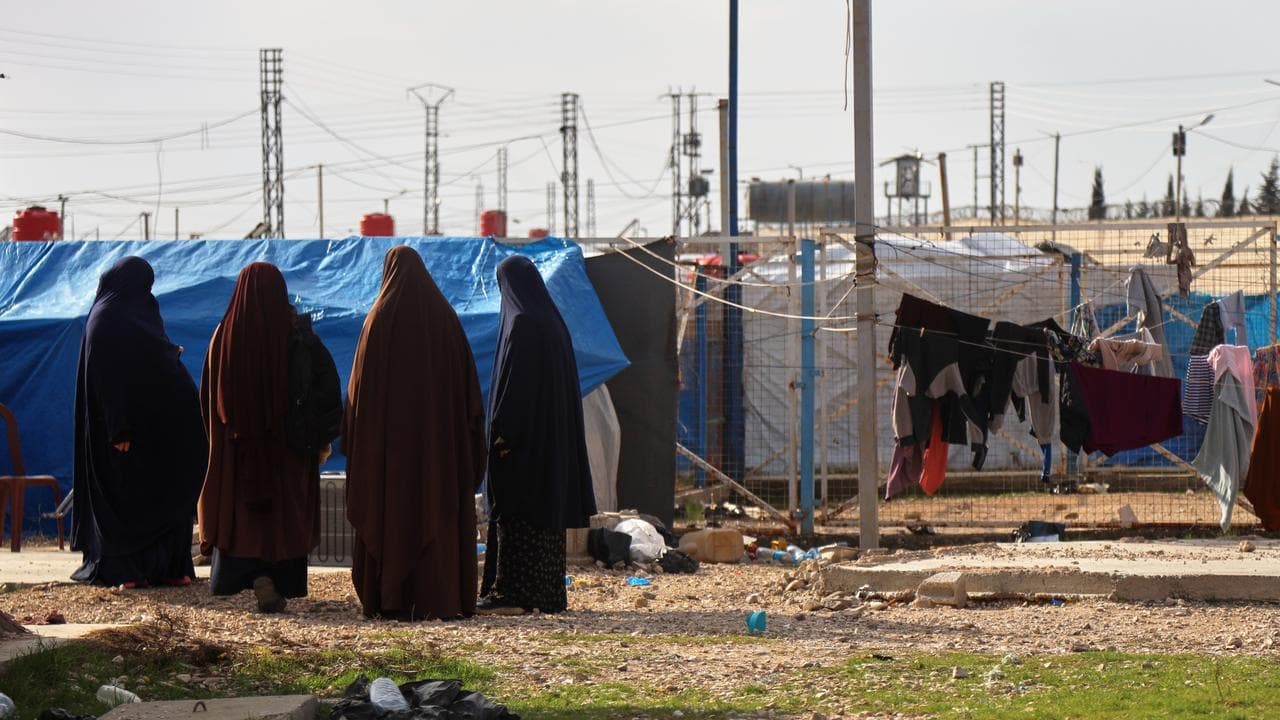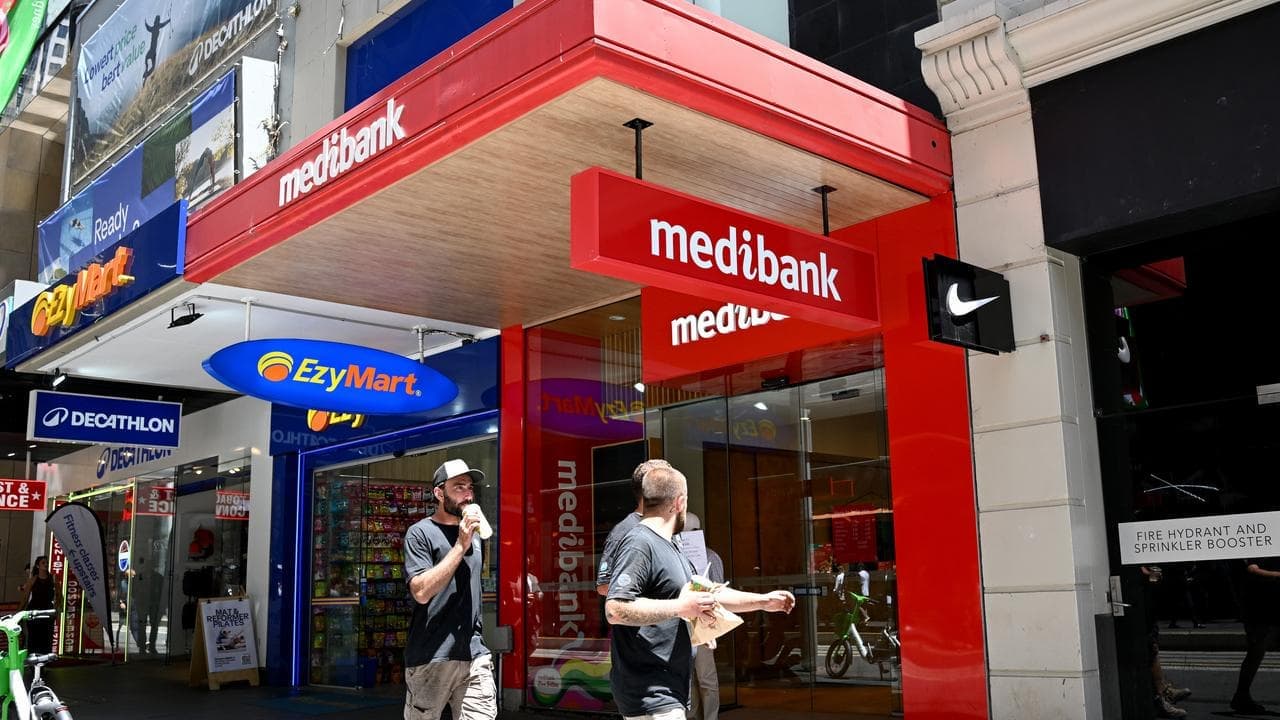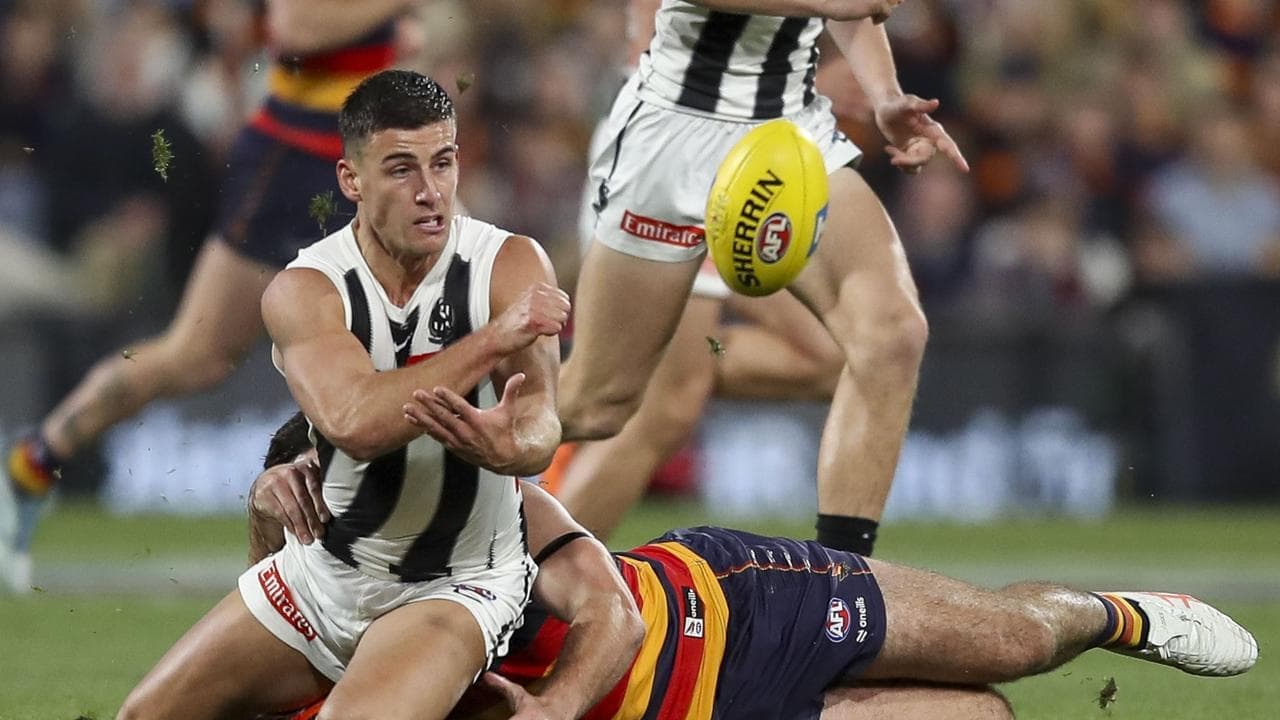WHAT WAS CLAIMED
Wellington Airport in New Zealand is selling customers’ lost luggage on Facebook for $3.
OUR VERDICT
False. The posts are a scam and have used edited images from airports in Germany, England and the US.
A Facebook account posing as the official Wellington Airport page claims it is selling off lost luggage for just $NZ3 ($A2.80).
The posts are fake and part of a scam. Photographs used in the scam are copied from online news stories and social media posts and have been edited.
They were originally shot at airports in Berlin, London, and the US city of St Louis.
Wellington International Airport and Air New Zealand both confirmed to AAP FactCheck the posts are fake.
The posts have been made by an account named Wellington Airport Terminal.

According to the page's transparency information, it previously operated under a different name, but changed to Wellington Airport Terminal on December 5, 2023.
While New Zealand users can see the page, its visibility appears to be restricted based on location.
Each of the posts show an image of a yellow sign reading "Air New Zealand Lost Luggage 3.00 NZD" among dozens of suitcases, with a caption instructing users to follow a link to purchase the unclaimed baggage.
None of the edited images were taken at Wellington Airport.
One post (screenshot here) uses an image from a Reddit post about lost luggage in the German capital Berlin.
A baggage tag visible in the bottom, right corner displays the codes "BER" and "FRA", indicating the suitcase was going from Brandenburg Airport in Berlin to Frankfurt.

Another post (screenshot here) uses an image from a 2022 WalesOnline story about a woman whose luggage was put on the wrong flight to Heathrow Airport in London.
Another post (screenshot here) uses an image from a Washington Post story about lost luggage at St Louis Lambert International Airport.
In each post, an Air New Zealand "lost luggage" sign is edited into the photo.
An Air New Zealand representative told AAP FactCheck the posts were "absolutely not true".
Wellington International Airport external relations manager Phil Rennie also confirmed the posts were fake.
"This page is 100 per cent a scam," Mr Rennie told AAP FactCheck.
"There is no luggage for sale."

Mr Rennie said there was only one official Wellington International Airport page and Facebook users should always look for the blue verification tick after the page's username.
The airport has addressed the scam posts on Facebook, providing tips to avoid being scammed.
The posts contain a "shop now" button, which takes users to suspicious websites impersonating Wellington Airport or Air New Zealand.
"We are urgently clearing out the airport warehouse and selling luggage that has been unattended for more than 6 months," the websites state.
"According to the rules, it should be disposed of, but we are organising a charity event and giving it away for just $3."

The websites prompt users to complete a survey, which indicates the scam's purpose may be to collect personal information.
Netsafe chief executive Brent Carey has previously told AAP FactCheck some scam posts attempt to "trick a person into parting with personal or business details that a scammer can use to get access to a person's identity or their business networks or systems in an attempt to get hold of ways to take money from a person".
Similar lost luggage scam posts unrelated to Wellington Airport have appeared here, here, and here.
Scammers are making thousands of Facebook posts that encourage people to share them and/or click nefarious links.
That means you may be tricked into a scam or advertising a scam to your family and friends on Facebook without realising it.
That's why it's vital to know how to spot a potential scam post.
HOW TO SPOT A SCAM POST ON FACEBOOK - THE RED FLAGS
Treat posts appealing for help to find lost or found people or pets, offering extremely cheap or free products and services with caution if they include more than one of the following features:
* The person encourages everyone to share their post widely.
* They don't provide their contact details or they ask people to send them a DM or PM (direct message or private message).
* The post includes only very vague details about the location of the person or pet, or the giveaway.
* The account of the person posting is less than a year old, has no profile picture, has few friends, or isn't located in the same area as the subject of their post. This indicates their account is fake.
* If you can't comment on the post because the person has disabled comments. This is done to stop people from warning others it's a scam.
The Verdict
The claim Wellington Airport is selling customers' lost luggage for $NZ3 is false.
The Facebook posts use edited photographs of piles of luggage from around the world. Air New Zealand and Wellington International Airport told AAP FactCheck the posts are fake.
The posts are a scam designed to obtain personal information or money from users.
False — The claim is inaccurate.
AAP FactCheck is an accredited member of the International Fact-Checking Network. To keep up with our latest fact checks, follow us on Facebook, Twitter and Instagram.







